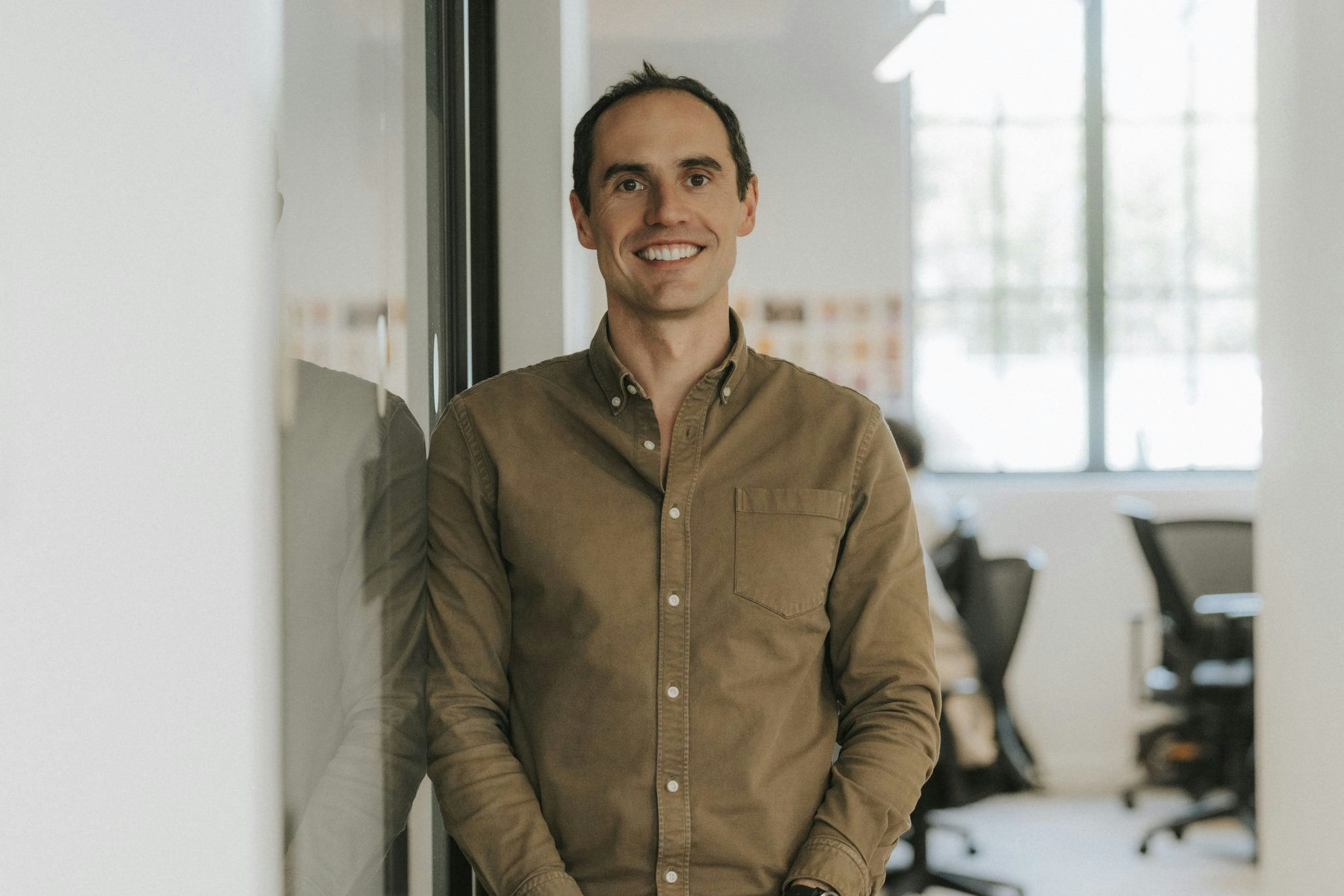The role of chief compliance officer is in demand.
According to a May report by Morgan McKinley and Vancancysoft, risk and compliance hiring in fintech was set to rise by 29% this year, its third year of growth in a row.
That trend is largely driven by Europe’s ever-changing regulatory landscape. Product expansion into regulated verticals, as well as pushes into new territories with different risk frameworks, require companies to beef up their compliance staff.
Europe, in particular, often takes the lead in rolling out first-of-its-kind regulations. At the tail end of last year, rules for the [Markets-in-Crypto-Assets](https://sifted.eu/articles/europe-regulation-…
The role of chief compliance officer is in demand.
According to a May report by Morgan McKinley and Vancancysoft, risk and compliance hiring in fintech was set to rise by 29% this year, its third year of growth in a row.
That trend is largely driven by Europe’s ever-changing regulatory landscape. Product expansion into regulated verticals, as well as pushes into new territories with different risk frameworks, require companies to beef up their compliance staff.
Europe, in particular, often takes the lead in rolling out first-of-its-kind regulations. At the tail end of last year, rules for the Markets-in-Crypto-Assets (MiCA) regulation — a broad set of requirements for crypto companies operating in the region — came into full force. The EU’s AI Act is also set to be fully effective by 2027 after coming into force in August last year.
With that in mind, we thought it would be a good time to speak to European tech’s top compliance officers and ask them: what’s keeping you up at night?
Here’s what they said:
**Maxime Laot, chief risk and compliance officer at Qonto **

**Transforming compliance into an advantage **
*Qonto is a Paris-based banking fintech *
The biggest challenge I’m facing right now is transforming compliance from a perceived constraint into a competitive advantage, especially as Qonto works towards obtaining its banking license, which we applied for earlier this year.
Traditional compliance frameworks were built for a different era. Today’s financial services landscape demands agility, and our challenge is making compliance practical and well prepared for the latest AI and digital advancements.
This means leveraging technology to automate controls, using data intelligently to anticipate risks rather than simply react to them, and building processes that protect customers without creating unnecessary friction.
What makes this particularly exciting at Qonto is our strong relationship with regulatory authorities across our markets. We don’t see compliance as just ticking boxes. We have real, ongoing conversations with regulators about how to meet the highest standards while actually serving SMEs and freelancers better than traditional banks have managed to do.
The banking license process has reinforced this philosophy. It’s not just about meeting requirements on paper; it’s about demonstrating that we can scale responsibly, that our risk frameworks are genuinely robust, and that we’re building sustainable infrastructure for the long term.
Compliance is the cornerstone of Qonto’s continued growth, and obtaining our credit institution license will enable us to serve our customers even better with expanded capabilities and deeper financial services.
Samantha Sayers, global head of privacy, risk and compliance at Bolt

Building a global compliance framework
Bolt is an Estonian mobility company
With operations in over 50 countries and 600 cities, Bolt’s risk and compliance team plays a critical enabling role in ensuring the business can scale its ride-hailing, delivery and micromobility services responsibly and safely.
Transportation is a heavily regulated sector, with laws varying significantly from country to country and city to city. Our core priority is proactively building a global compliance framework that not only meets but anticipates the standards expected by individual city and country authorities. This is particularly challenging when these standards are continually evolving.
Equally important is building and maintaining trust between the partner drivers and couriers and the customers who use Bolt. The risk and compliance team oversees the compliance frameworks that protect customer data, ensure driver and courier onboarding standards, and maintain robust safety and anti-fraud protocols.
We are also actively responding to emerging regulatory topics, such as AI governance, which is gaining relevance as autonomous vehicle pilots get closer to reality across Europe. This involves shifting from just drafting policy to ensuring ethical and compliant deployment of new technologies.
More broadly, we aim to lead a new generation of smart compliance leadership. Our team is dedicated to demonstrating robust governance by building systems that anticipate regulatory change, effectively embedding risk management into our product development lifecycle, and ultimately proving that smart data-driven compliance is a strategic enabler of sustainable growth, not a constraint.
Anne-Sophie Cissey, chief administrative officer at Kaiko

**Thinking like an engineer, a strategist and a lawyer **
*Kaiko is a crypto market data company based in Paris *
After several years leading compliance teams in crypto companies, you’d think I’d seen it all, the regulatory earthquakes, market meltdowns, and late-night calls about new guidance dropping in three jurisdictions at once. Yet, this industry continually rewrites the rules as it progresses. Just when you think you understand the landscape, the ground shifts again.
Take our distributed ledger technology (DLT) initiatives. They demand that I decode infrastructure, interpret smart contracts, and anticipate compliance requirements for products that don’t yet exist.
Today, complying means thinking like an engineer and a strategist, not just a lawyer. Understanding the law is table stakes; the real challenge is building frameworks while the law itself is still catching up to the technology.
The complexity multiplies across jurisdictions. Our clients span continents, data flows everywhere and nowhere, and deciding which rulebook applies demands constant judgment. MiCA promised clarity, but we’re still deciphering what it means in practice, while the US remains a moving target. We’re writing the playbook while the game is already underway, under referees who rarely agree.
Then there’s the weight of being the first line of defence. Slip up, and investors vanish. Be too cautious, and you’re accused of stifling innovation. Every decision is a calculation between protection and progress. The rise of AI captures that dilemma perfectly: a technology we need to strengthen the business, yet one that simultaneously expands our risk perimeter.
The difference? Working for a company that sees compliance not as a cost centre but as a competitive advantage. At Kaiko, we’re proving that rigour and innovation aren’t opposing forces; they’re what separate sustainable businesses from cautionary tales. In 2025, that distinction defines who survives and who doesn’t.
Aleksandra Stiller**, ****chief legal officer at 0TO9 **

Building responsible innovation at fintech speed
*0to9 is a fintech venture builder and investor. *
What keeps me up at night is how to build a legal framework that is agile, scalable, and pro-innovation. For me, compliance must be the foundation for responsible innovation.
The challenge is that the regulatory environment, particularly in my sector for fintechs in Europe, is evolving at an unprecedented rate. New frameworks like the Digital Operational Resilience Act (which establishes a framework for ICT risks in the financial sector), ongoing updates to anti-money laundering directives, and the ever-present requirements of GDPR are fundamentally transforming what compliance means in practice.
And that’s happening in a highly fragmented market, where every product — whether that’s credit, mortgage, insurance, or banking services — is governed by its own rules, often layered with extra obligations around digital distribution, marketing, and consumer protection.
If you’re operating across multiple European jurisdictions, that complexity only multiplies. Not only must you comply with EU-wide regulations, but you also have to adapt to local nuances. This fragmentation causes operational inefficiencies, and uncertainty about how new rules apply to innovative models often requires making judgment calls where guidance is still developing.
So the real work is turning regulatory uncertainty into a competitive advantage, so founders don’t have to choose between moving fast and doing things correctly. That means treating compliance as an enabler, not a blocker.
It requires taking calculated risks, building frameworks that are flexible enough to adapt to change and robust enough to protect customers and foster trust. Leveraging technology will be key, like AI-driven legal research and automated compliance, to help compliance teams free themselves from administrative burdens to focus on higher-value tasks.
Ultimately, how we respond to this challenge will shape not just the future of compliance but the future of financial innovation itself. The fintechs that succeed in the next five years will be the ones that don’t just keep up with regulation, but help define what responsible innovation looks like.